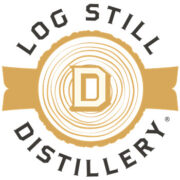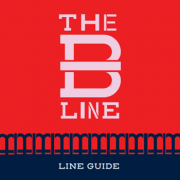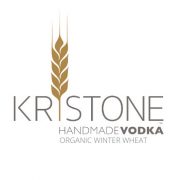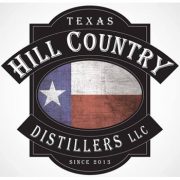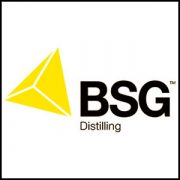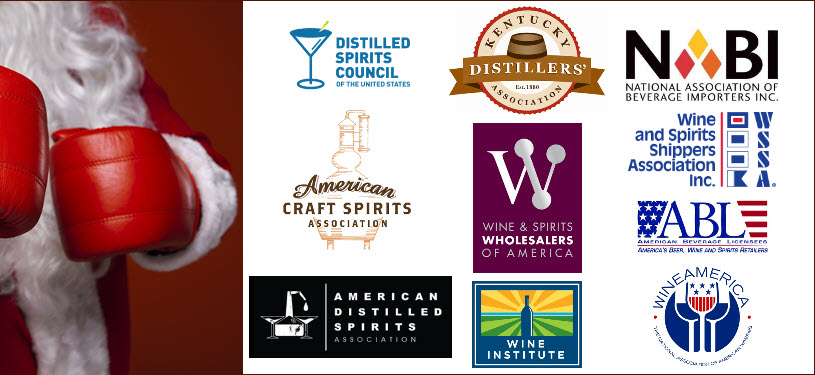
When it comes to trade groups and associations they are super competitive when it comes to recruiting new members. But, when it comes to the impact of tariffs between the U.S. and other countries, they all agree that tariffs are having a devastating impact on the distilled spirits and wine industries.
10 of the major U.S. alcohol trade groups have come together in a single voice to announce their opposition to the United States decision just announced to impose tariffs of 25% on imports of Scotch Whisky, liqueurs and cordials, and wine from certain European Union countries in connection with the WTO civil aviation subsidies dispute.
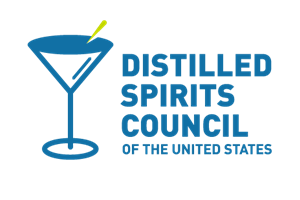
The U.S. action further ensnarls the distilled spirits industry in a trade dispute that began last year when the EU imposed a 25 percent retaliatory tariff on American Whiskey in response to U.S. steel and aluminum tariffs. The EU is considering imposing more tariffs on additional U.S. spirits and could raise them against U.S. wine as part of a separate WTO civil aviation subsidies dispute.
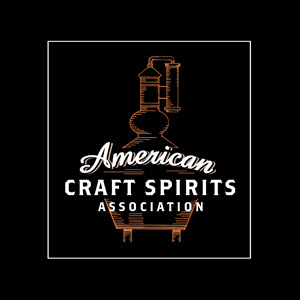
Since the EU’s 25 percent retaliatory tariff on American Whiskey was imposed last year, exports have declined 21 percent. Additionally, China is imposing a 54 percent retaliatory tariff on U.S. wine imports, which is contributing to a 57 percent decline in trade with China since the beginning of 2019.
According to an analysis by the Distilled Spirits Council, these U.S. retaliatory tariffs on Scotch Whisky, liqueurs and cordials, and wine could impact nearly $3.4 billion in imports and could lead to a loss of approximately 13,000 U.S. jobs, including truckers, farmers, and bartenders and servers in the hospitality industry.
Stay Informed: Sign up here for the Distillery Trail free email newsletter and be the first to get all the latest news, trends, job listings and events in your inbox.

“These tariffs will devastate, perhaps destroy, many small and medium sized family businesses importing these products into the United States,” stated Robert M. Tobiassen, President of the National Association of Beverage Importers. “More than 12,000 importers hold Federal permits and provide solid middle-class jobs in their local communities selling brands of products demanded by consumers who should not be collateral damage by what is a pure civil aircraft dispute.”
“These spirits come to the U.S. market through a supply chain of predominately U.S. owned and operated companies. This is a tax paid by American businesses and American consumers,” stated Matt Dogali, CEO of the American Distilled Spirits Association.
The U.S. and EU have a long history of tariff-free trade in distilled spirits dating back to 1994, when an agreement was reached to eliminate tariffs on the vast majority of distilled spirits.
Please help to support Distillery Trail. Sign up for our Newsletter, like us on Facebook and follow us on Twitter.

